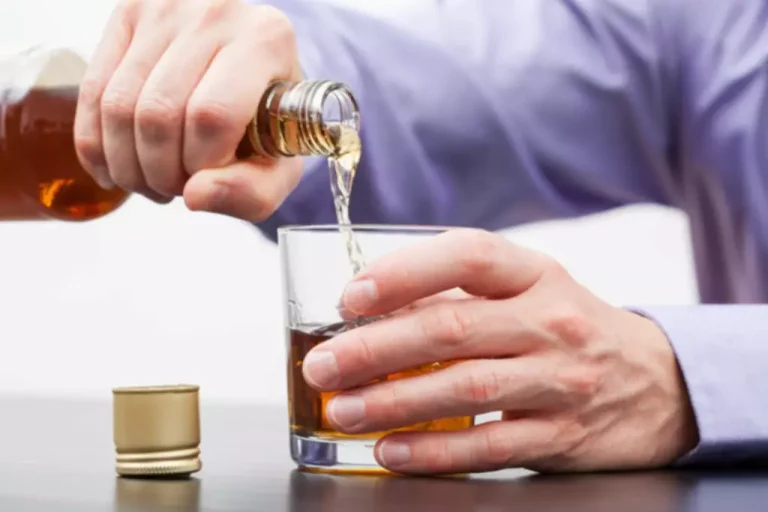
But if you’re newly sober or haven’t gotten plugged into a network of sober peers, you may not know where to start. To add, meeting people isn’t easy and it can be even more difficult to talk to others about what seems like the most vulnerable part of your life. One of the important aspects of addiction recovery is the process of rebuilding relationships and finding purpose post-rehab. Social engagement plays a vital role in maintaining sobriety and creating a supportive environment for individuals in recovery.
How Long Does Weed Stay in System After Quitting?
- They also offer a wide range of therapeutic techniques to help you manage cravings, triggers, and other problems you might face in recovery.
- As someone who has battled addiction, I know firsthand the importance of support systems in the recovery process.
- Addiction takes a toll on an individual’s mental health, causing emotional instability, anxiety, stress, and depression.
- Through our programs, you or your loved one have opportunities to form meaningful, lasting relationships with people who are also committed to living life in recovery.
This practice helps you stay focused on your goals and appreciate the support received from others. Community cleanups and neighborhood events provide a social environment without alcohol. Safe celebration methods, like group meals or movie nights, ensure that milestone celebrations do not trigger relapse.

Why You Need to Consider Sober Networking in 2023

It provides the necessary understanding, encouragement, and accountability needed to navigate the challenges of maintaining sobriety. A sober support network is a crucial group of individuals who provide emotional, practical, and moral support to help maintain sobriety during the recovery journey. A sober support network acts as an invisible scaffolding, aiding individuals in navigating the challenging landscape of recovery. It prevents feelings of isolation and provides a lifeline during difficult times. Imagine having a circle of supportive friends and family who understand your struggles and are there to cheer you on every step of the way. Peer support groups have also shown effectiveness in reducing relapse rates among individuals in recovery.
Understanding the Role of Support Systems in Addiction Recovery
These professionals play an important role in helping you maintain your life of recovery and stay healthy. If possible, you should continue to work with a therapist or counselor and other health care practitioners to receive guidance and monitor your overall well-being as you continue in recovery. Your addiction and health sober network care professionals are people you can call when you have general questions or concerns about your sobriety and health. Enrolling in a rehab program is perhaps the most pivotal, actionable step an addict can take toward recovery. However, the journey does not end once a program participant graduates from a rehab program.

Professionals and Addiction Specialists
It may be helpful to consider family therapy, as uncovering family dynamics and potential conflict within the family can be helpful. The reason for addiction may even be rooted in family issues, and by addressing it, you open the doors to understanding, healing, and healthy familial relationships. Yes, many online platforms and forums offer opportunities to connect with individuals in recovery from around the world. If you network on behalf of your employer, you’re likely trying to bring in new clients and keep current ones happy. In situations and jobs where “relationship-building” is at the center, it’s not uncommon to see alcohol combined with socializing, despite its impact on employees and owners. You may want to create a new account if your old partying friends are a part of your online network.
- Through support during setbacks and relapse recovery, the network helps individuals stay resilient and committed to their sobriety journey.
- Consequently, understanding how support networks can benefit a recovery program and what types of networks are available is essential for people who are battling the disease of addiction or alcoholism.
- Join an art group where you’ll find other artists who will inspire you with their stories while giving critiques on your work.
- Recovery forums and websites provide an additional opportunity to develop relationships, discuss issues, share experiences, collaborate, meet and take part in activities together and much more.
Maintaining Healthy Relationships with Members of Your Support Network
Being surrounded by individuals who have gone through similar challenges can help individuals feel less alone and more understood. This sense of camaraderie creates a sense of belonging and reinforces the belief that recovery is possible. In my own experience with addiction recovery, I found that a combination of these different types of support was essential for my success. Peer support groups provided me with a sense of community and understanding, while professional counseling helped me develop valuable skills for managing stress and anxiety.
Additionally, having a trained expert guide you through the recovery process can be incredibly reassuring. Addiction can often be isolating and overwhelming, and having someone to turn to for support and advice can make all the difference. A suggestion for boosting self-esteem is spending time engaging in hobbies- maybe you enjoy painting but never had the confidence to showcase your work. Join an art group where you’ll find other artists who will inspire you with their stories while giving critiques on your work. This social interaction while doing something enjoyable will make you feel more secure within yourself while also broadening your social circle.

- According to a 2010 article published by the American Psychiatric Association, research indicates that substance use — among other health habits — may “spread” through social networks.
- One important benefit of attending a 12-Step group is that you can be matched with a sponsor.
- During addiction recovery, it’s easy to feel like you’ve failed or that others judge you for your past mistakes.
- Sometimes it can be difficult to transition from addiction treatment back to your normal life and responsibilities.